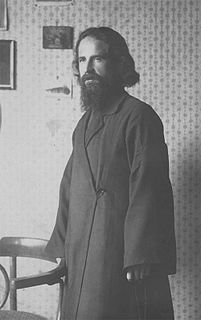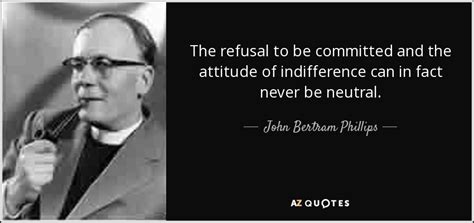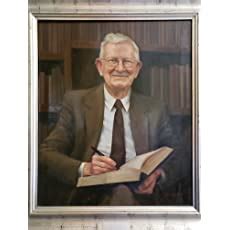A Quote by J. C. Ryle
A man's state before God may always be measured by his prayers.
Related Quotes
God hears and fulfills the prayer of a man who fulfills His commandments. "Hear God in His commandments," says St. John Chrysostom, "So that He might hear you in your prayers." A man who keeps the commandments of God is always wise, patient, and sincere in his prayers. Mystery of prayer consists in the keeping of God's commandments.
Whatever man may stand, whatever he may do, to whatever he may apply his hand - in agriculture, in commerce, and in industry, or his mind, in the world of art, and science - he is, in whatsoever it may be, constantly standing before the face of God. He is employed in the service of his God. He has strictly to obey his God. And above all, he has to aim at the glory of his God.
God shapes the world by prayer. Prayers are deathless. The lips that uttered them may be closed to death, the heart that felt them may have ceased to beat, but the prayers live before God, and God's heart is set on them and prayers outlive the lives of those who uttered them; they outlive a generation, outlive an age, outlive a world.
By His gracious condescension God became man and is called man for the sake of man and by exchanging His condition for ours revealed the power that elevates man to God through his love for God and brings God down to man because of His love for man. By this blessed inversion, man is made God by divinization and God is made man by hominization. For the Word of God and God wills always and in all things to accomplish the mystery of His embodiment.
On the ground of our own goodness we cannot expect to have our prayers answered. But Jesus is worthy, and for His sake we may have our prayers answered. There is nothing too choice, too costly, or too great for God to give Him. He is worthy. He is the spotless, holy Child, who under all circumstances acted according to the mind of God. And if we trust in Him, if we hide in Him, if we put Him forward and ourselves in the background, depend on Him and plead His name, we may expect to have our prayers answered.
Feeble are we? Yes, without God we are nothing. But what, by faith, every man may be, God requires him to be. This is the only Christian idea of duty. Measure obligation by inherent ability! No, my brethren, Christian obligation has a very different measure. It is measured by the power that God will give us, measured by the gifts and possible increments of faith. And what a reckoning will it be for many of us, when Christ summons us to answer before Him under the law, not for what we are, but for what we might have been.
Jesus is the mediator of justice; Mary obtains for us grace; for, as St. Bernard, St. Bonaventure, St. Bernardine of Siena, St. Germanus, St. Antoninus, and others say, it is the will of God to dispense through the hands of Mary whatever graces he is pleased to bestow upon us. With God, the prayers of the saints are the prayers of His friends, but the prayers of Mary are the prayers of His mother.
Prayers prayed in the Spirit never die until they accomplish God's intended purpose. His answer may not be what we expected, or when we expected it, but God often provides much more abundantly than we could think or ask. He interprets our intent and either answers or stores up our prayers. Sincere prayers are never lost. Energy, time, love, and longing can be endowments that will never be wasted or go unrewarded.
The disappointed man turns his thoughts toward a state of existence where his wiser desires may be fixed with the certainty of faith; the successful man feels that the objects which he has ardently pursued fail to satisfy the cravings of an immortal spirit; the wicked man turneth away from his wickedness, that he may save his soul alive.



































